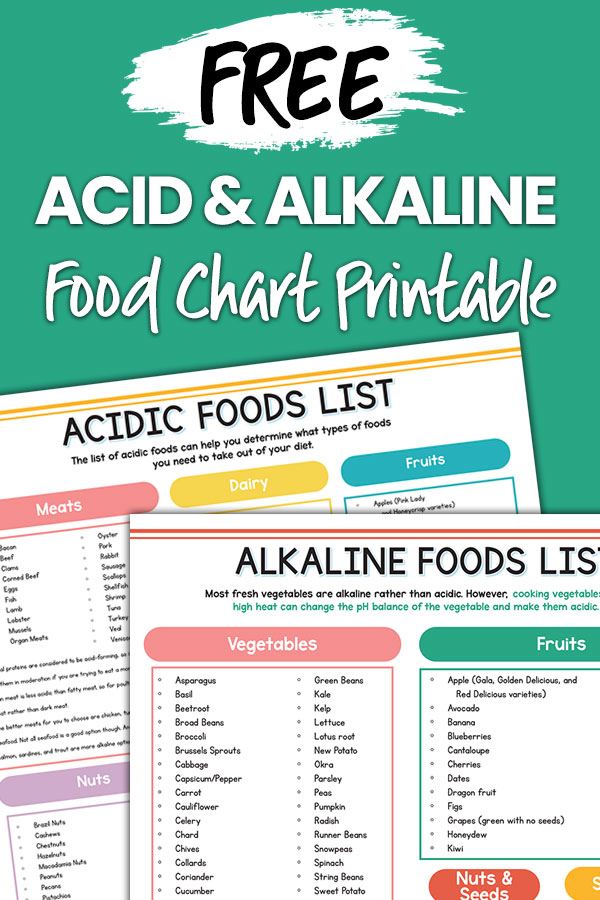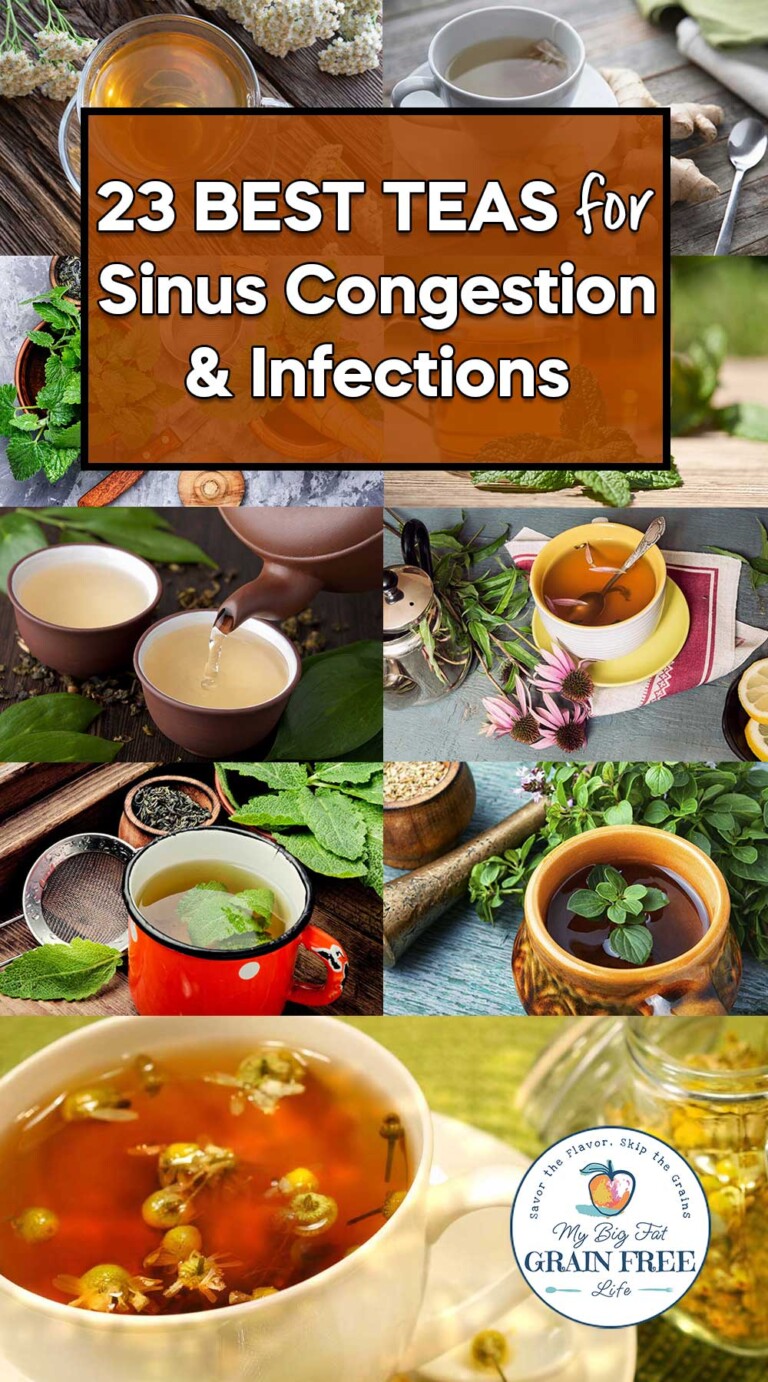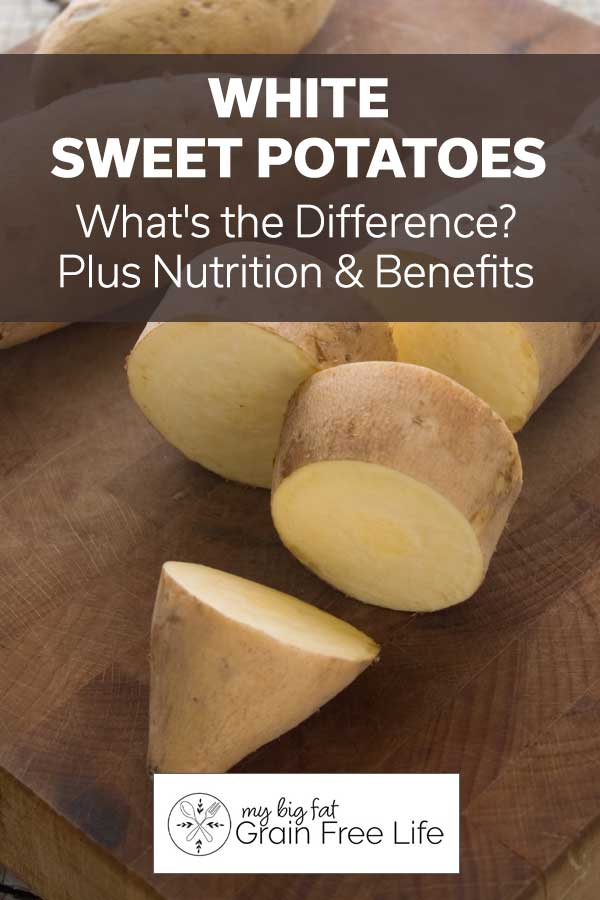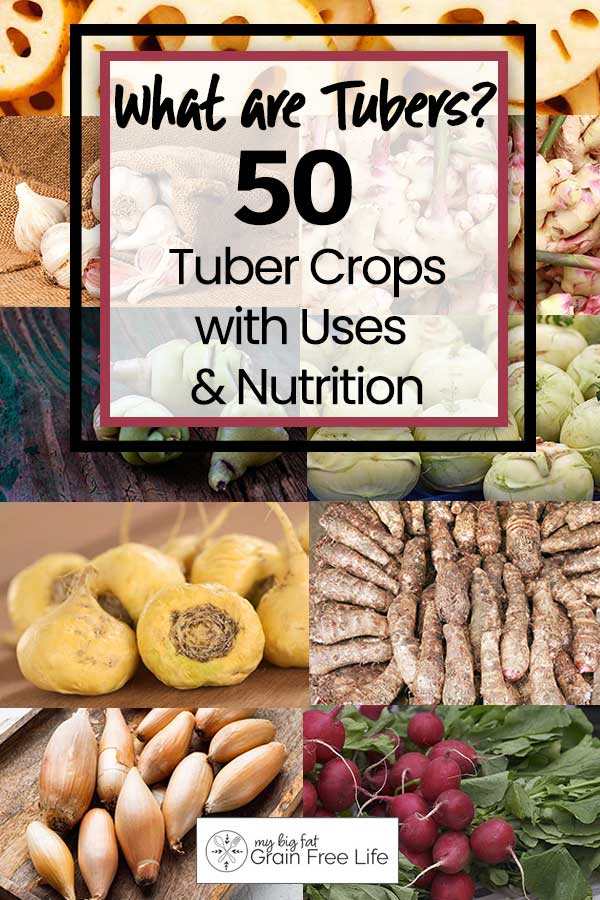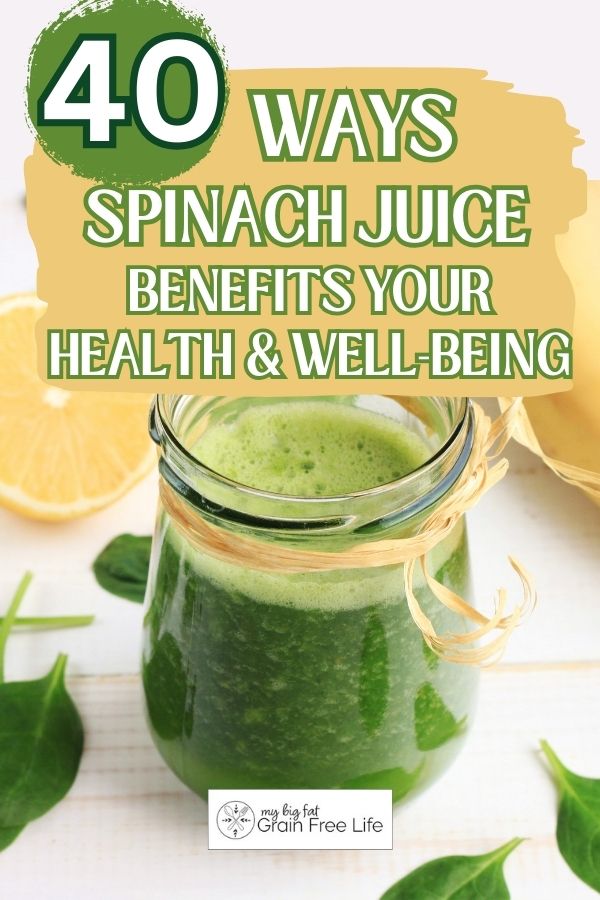Cooking Oil Explained: Healthiest Oils + What to Avoid
This post may contain affiliate links. If you make purchase after clicking a link, I may receive a commission at no extra cost to you.
Last Updated on April 10, 2024
With so many types of cooking oil to choose from, are you confused about which ones are good for you vs bad for you? You’re not alone! Learn about all the different types of fats found in cooking oils and which ones are the best choices for your health.
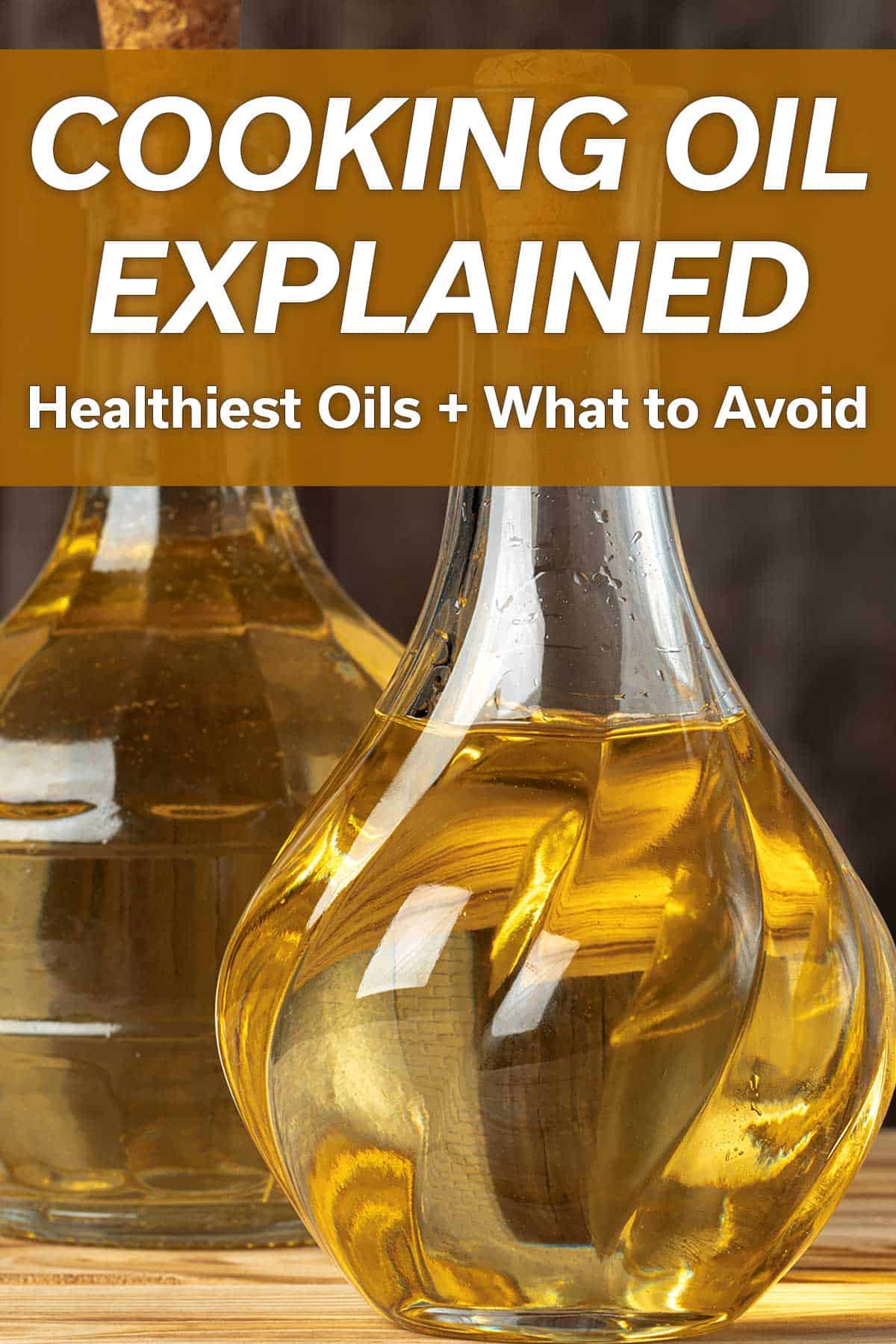
Cooking Oil
There are many different choices when it comes to cooking oil. It can be confusing when you hear terms like hydrogenated oils, unrefined oil, saturated fats, cold-pressed, high-oleic, and fatty acids.
Understanding the different types of fats and oils can help you make the best choices for the health of your family. Let’s take a look at all these terms and what makes a cooking oil healthy or bad for you.
Types of Cooking Oil Fats Explained
There are four main types of fats found in cooking oils: saturated fats, trans fats, monounsaturated fats, and polyunsaturated fats. Each has different health impacts and uses in cooking.
Saturated Fats
Saturated fats aren’t necessarily bad fats. There are some healthy oils, like coconut oil that are high in saturated fats. Here’s what you need to know.
What is Saturated Fat?
Saturated fat is a type of fat that is solid at room temperature. It’s found in foods like butter and lard, as well as tropical oils like coconut oil and palm kernel oil.
While it’s okay to consume saturated fats in small amounts, large quantities can raise LDL cholesterol levels and increase the risk of heart disease.
Trans Fats
Trans fats = bad fat. These oils are chemically altered.
What is Trans Fat?
Trans fat is a type of fat that’s been chemically altered through a process called hydrogenation. This makes the oil more stable and extends its shelf life, but it also creates unhealthy compounds that can increase your risk of heart disease. It’s best to avoid trans fats whenever possible.
Hydrogenated Oils
Hydrogenated oils are oils that have undergone the process of hydrogenation, which turns liquid oils into solid fats. These are often used in processed foods but should be avoided due to their high trans fat content.
Monounsaturated Fats
Monounsaturated fat = good fat.
What Is Monounsaturated Fat?
Monounsaturated fat is a type of healthy fat that remains liquid at room temperature. It’s found in high amounts in oils like avocado oil and olive oil. Monounsaturated fats can help lower LDL cholesterol levels and are a good choice for everyday cooking.
Polyunsaturated Fats
Polyunsaturated fat = good fat.
What Is Polyunsaturated Fat?
Polyunsaturated fat is another type of healthy fat that includes essential fatty acids like omega-3 and omega-6, which our bodies can’t produce on their own.
Omega-3 Fatty Acids
Omega-3 fatty acids are a type of polyunsaturated fat that’s especially good for heart health. They’re found in high amounts in flaxseed oil and walnut oil, as well as chia seeds and certain types of fish.
Omega-6 Fatty Acids
Omega-6 fatty acids are another type of polyunsaturated fat. While they’re essential for our bodies, most people get enough from their diet already. They’re found in many vegetable oils, including corn oil and soybean oil.
The problem starts when we consume too much of these fats. In today’s world of processed foods and vegetable oils, it’s very easy to do just that. Omega-6 fatty acids are pro-inflammatory.
One thing to keep in mind is the balance between Omega-6 and Omega-3 fatty acids in our diet. When there’s too much Omega-6 and not enough Omega-3 (which is anti-inflammatory), it throws off this balance and can lead to health problems.
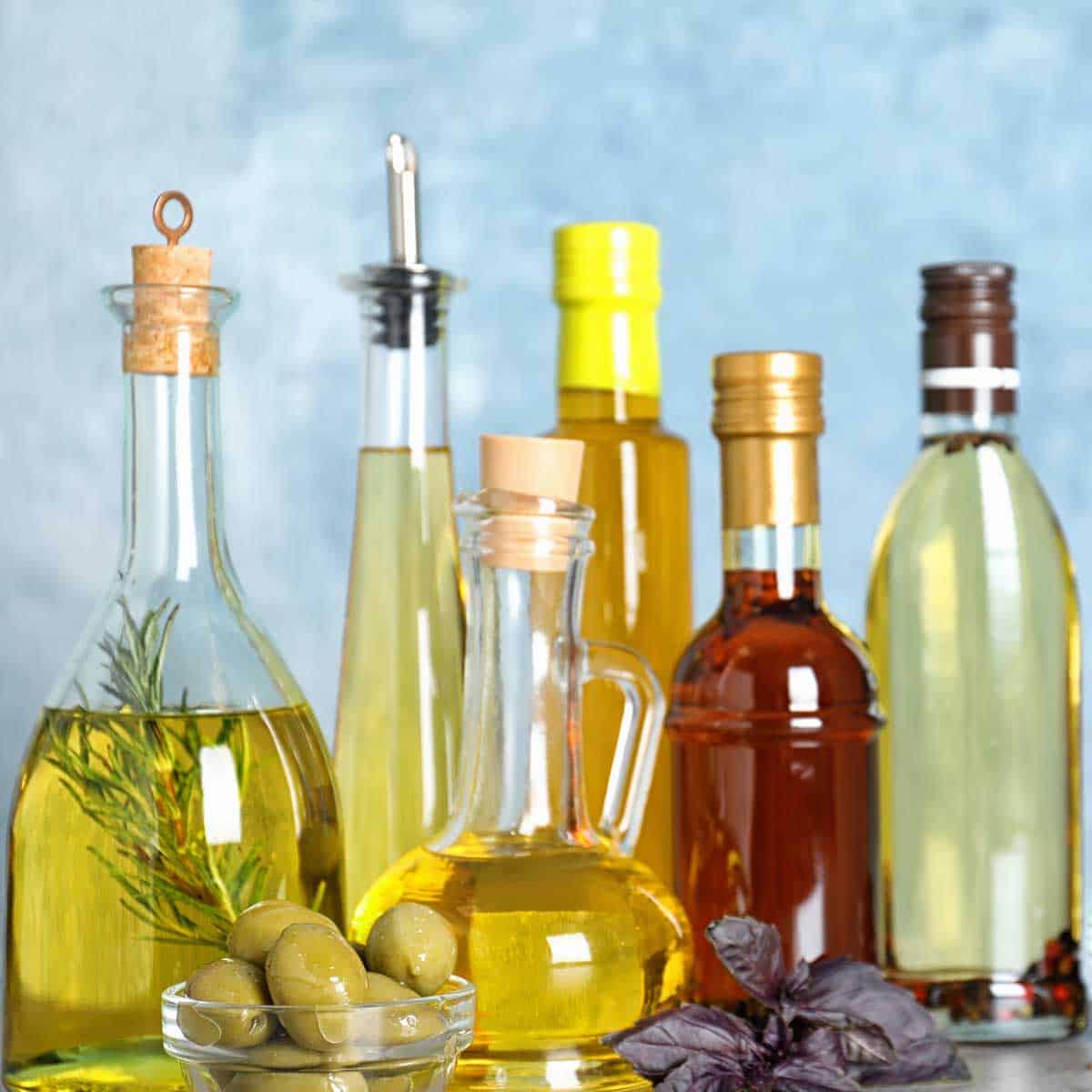
Unrefined Cooking Oil Vs Refined Cooking Oil
When it comes to cooking, the type of oil you use can make a huge difference in the flavor and health benefits of your meals.
The American Heart Association suggests using oils with less saturated fats and more monounsaturated or polyunsaturated fats for overall health. Let’s take a look at the differences between refined and unrefined cooking oils.
Refined Cooking Oils
Refined cooking oil = avoid when possible.
Refined oils have a higher smoke point and neutral flavor, making them suitable for high heat cooking methods like deep frying. However, the refining process can strip away some of the oil’s nutrients.
What is Refined Oil?
Refined oil is oil that has undergone a process to remove impurities, giving it a higher smoke point and neutral flavor. This refining process makes the oils stable for high-heat cooking methods, so they are often used in restaurants for deep frying.
What is Expeller-Pressed Oil?
Expeller-pressed oil is a type of oil extraction process that involves a mechanical method. No chemical solvents are used in this process, which is why it might seem like an all-natural and healthy choice.
But here’s the catch: the high pressure and friction involved in the expeller-pressing process can create heat, often leading to a rise in temperature. This can degrade the oil’s quality, potentially damaging its nutritional value and flavor.
It can also lead to oxidation, turning beneficial fats into harmful ones. So, while expeller-pressed oil may sound good on paper, it’s not necessarily the healthiest option.
What is High-Oleic Oil?
High-oleic oil is an oil that has been specifically engineered to have a high concentration of monounsaturated fat, specifically oleic acid. The most common types of high-oleic oils are made from sunflowers or safflowers.
While it may seem like a healthier choice due to its high monounsaturated fat content (which is generally considered heart-healthy), there are some potential downsides.
- These oils are often genetically modified.
- While monounsaturated fats are generally healthy, our bodies also need polyunsaturated fats and saturated fats in balance – relying too heavily on high-oleic oil could potentially disrupt this balance.

Unrefined Cooking Oils
Unrefined oil = good fat.
What is Unrefined Oil?
Unrefined oil is minimally processed, allowing it to retain more natural nutrients like Vitamin E and fatty acids.
These oils are typically used at room temperature or low heat settings because they have a lower smoke point. Extra-virgin olive oil and coconut oil are examples of unrefined oils.
What is Cold-Pressed Oil?
Cold-pressed oils are unrefined oils that have been extracted at low temperatures to preserve their nutritional value and flavor. Extra virgin olive oil and avocado oil are often cold-pressed, making them a great option for vinaigrettes or drizzling over cooked food.
If the bottle says cold-pressed but it’s refined, avoid it.
What is Artisanal Oil?
Artisanal oil refers to oils that are traditionally crafted and often unrefined. These can include walnut oils or sesame oil, which have a distinct, nutty flavor that can enhance the taste of your dishes. Keep in mind that these oils have a low smoke point and are best used at room temperature.
Best Cooking Oils
So now that you understand the confusing terms associated with cooking oils and fats, here are the healthiest cooking oils to use:
Olive Oil
Olive oil is packed with monounsaturated fats which can help lower your bad cholesterol levels and reduce the risk of heart disease. It’s got a bold flavor that enhances many dishes, especially Mediterranean ones!
It has a relatively low smoke point (around 375°F), so it’s best for sautéing or drizzling over foods rather than high-heat cooking.
Avocado Oil
This oil is rich in oleic acid, another type of monounsaturated fat that supports heart health. It also boasts a high concentration of lutein, an antioxidant beneficial for eyes.
With a mild, nutty flavor and a high smoke point (up to 520°F), avocado oil is versatile for both cooking and drizzling over foods.
Also Read: Avocado Oil Vs Coconut Oil (Benefits & Nutrition)
Coconut Oil
Although high in saturated fats, coconut oil contains medium-chain triglycerides that can be quickly converted into energy by your body.
It has a sweet, tropical flavor and the smoke point is medium-high, about 350°F for virgin coconut oil.
Also Read: Expeller Pressed Vs Cold Pressed Coconut Oil
Grass-fed Butter
Rich in vitamins A, E, and K2, grass-fed butter also provides butyrate, a short-chain fatty acid that can promote gut health.
It has a creamy, rich flavor, but it’s not ideal for high-heat cooking though, as it burns at around 300°F.
Grass-fed Ghee
Essentially clarified butter, ghee has had all its milk solids removed, leaving pure fat behind. This makes it lactose-free and high in fat-soluble vitamins like A, E and K2.
It has a nutty flavor and higher smoke point than butter (around 485°F), making it great for frying or sautéing.
Tallow
Rendered from beef or mutton fat, tallow is high in CLA (conjugated linoleic acid) which can boost immunity and reduce inflammation.
It has a rich, meaty flavor and a high smoke point (around 400°F), perfect for frying or roasting.
Lard
Made from pig fat, lard is surprisingly rich in monounsaturated fats. It’s also a good source of vitamin D.
With its subtle flavor and high smoke point (around 370°F), it’s an excellent choice for baking and frying.
Almond Oil
High in vitamin E and monounsaturated fats, almond oil can support heart health and provide antioxidant benefits.
It has a sweet, nutty flavor that pairs well with desserts and salads. This oil’s smoke point is 430°F.
Good Oils (But Avoid Cooking with Heat)
The oils in the list below are good sources of antioxidants and healthy fats, but not so great for cooking because they are unstable at high temperatures.
Walnut Oil
This oil is a great source of Omega-3 fatty acids, which are essential for heart health. It’s also rich in antioxidants that fight inflammation and improve gut health.
Walnut oil is slightly nutty and sweet, making it a perfect addition to salad dressings or drizzled over roasted root vegetables. However, it has a low smoke point, so it’s not recommended for high-heat cooking.
Flaxseed Oil
Known for its high levels of Omega-3 fatty acids and lignans (plant compounds with antioxidant properties), flaxseed oil promotes heart health and helps reduce inflammation.
It has a mild, slightly nutty flavor that works well in smoothies or as a dressing for salads. Like walnut oil, flaxseed oil also has a low smoke point, meaning it’s not suitable for cooking over high heat.
Sesame Oil
This oil is packed with antioxidants like sesamol and sesaminol, which can help lower blood pressure and cholesterol levels. It also contains healthy fats that support heart health.
With its distinctive flavor, sesame oil is often used in Asian cuisine to add flavor to dishes.
It comes in two types: light (with a high smoke point, suitable for frying) and dark (more flavorful but with a lower smoke point, best used for stir-frying or as a finishing oil).
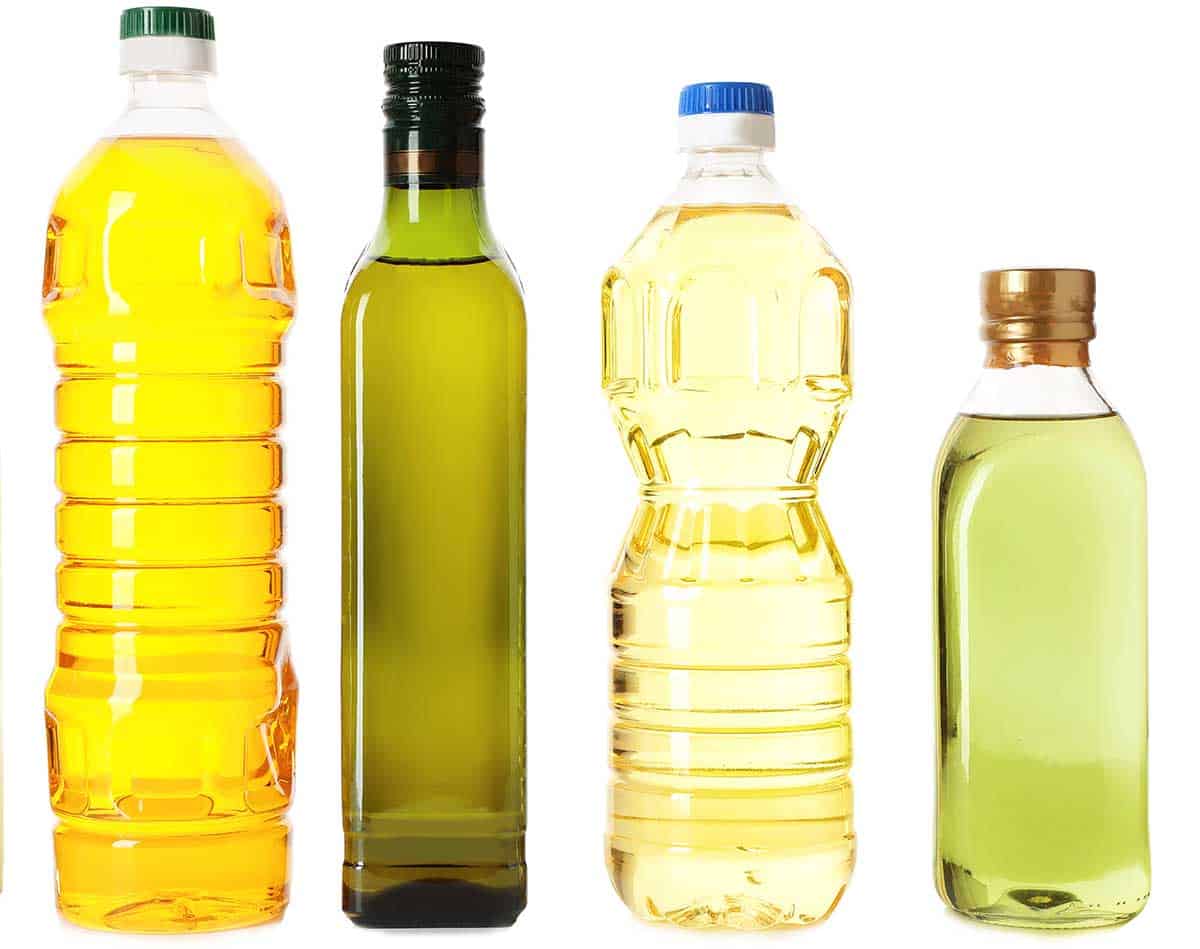
Cooking Oils to Avoid
You’ve likely heard that seed oils are unhealthy and not the best oil to cook with, and there’s a good reason for that. These oils are often highly processed and stripped of the original nutrients. It is recommneded to avoid these oils:
- Soybean Oil
- Peanut Oil
- Sunflower Oil
- Safflower Oil
- Canola Oil (AKA Rapeseed Oil)
- Corn Oil
- Cottonseed Oil
- Grapeseed Oil
- Rice Bran Oil
- Hydrogenated Oil
- Refined Palm Oil
- Shortening
- Margarine
- Vegetable Oil (blanket term for mixed oils in this list)
Importance of Choosing Healthy Cooking Oil
Choosing healthy cooking oils is important for maintaining good health. Oils rich in monounsaturated and polyunsaturated fats can help improve cholesterol levels, reduce the risk of heart disease, and are an essential part of a healthy diet.
Dangers of Highly Processed Cooking Oils
Highly processed cooking oils often contain trans fats and are stripped of their natural nutrients during the refining process. These oils can contribute to high blood pressure, high cholesterol, and other health problems.
Storing Cooking Oil
To keep your cooking oil fresh and maintain its health benefits, store it in a cool, dark place away from direct sunlight. Most oils should be used within a year of opening.
Resources
- https://medlineplus.gov/ency/patientinstructions/000838.htm
- https://www.mayoclinic.org/diseases-conditions/high-blood-cholesterol/in-depth/trans-fat/art-20046114
- https://www.medicalnewstoday.com/articles/hydrogentated-oil
- https://www.heart.org/en/healthy-living/healthy-eating/eat-smart/fats/polyunsaturated-fats
- https://my.clevelandclinic.org/health/articles/17290-omega-3-fatty-acids
- https://www.webmd.com/vitamins/ai/ingredientmono-496/omega-6-fatty-acids
- https://www.ncbi.nlm.nih.gov/pmc/articles/PMC6333934
- https://integrative-medicine.ca/the-problem-with-refined-oils-what-oils-to-avoid-in-your-kitchen/



